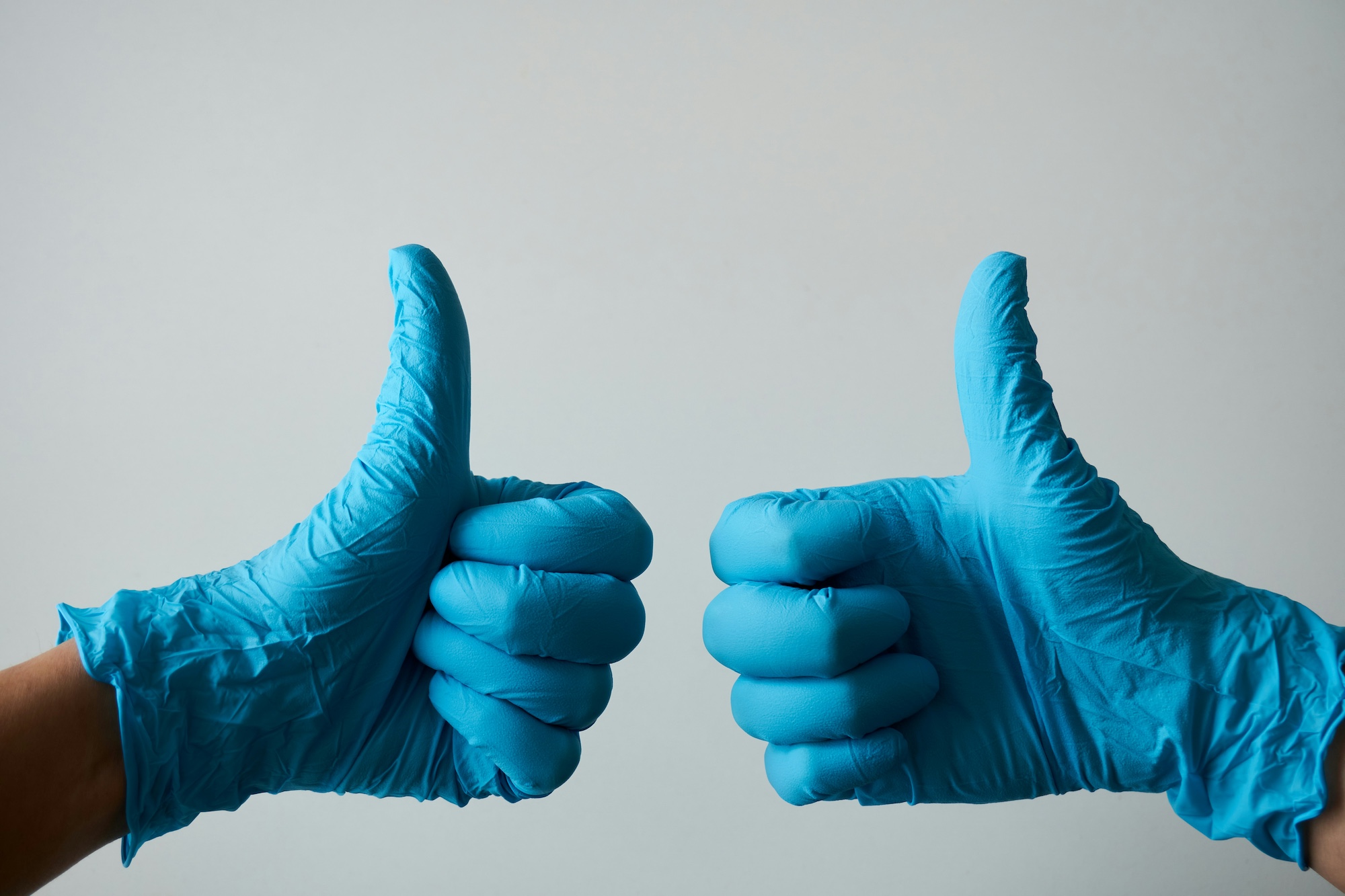
When you're a freelance anaesthetist, every minute counts. Between consultations, operations and coordination with the medical teams, there is little time left for administrative matters. However, billing and payment issues can quickly become a real headache - when you work in sector 2 and patients have a balance to pay after being reimbursed by health insurance and their mutual insurance company.
In many cases, however, the remaining costs are neither anticipated nor clearly explained to the patient. The result: you end up with late payments, patients who don't understand why they still have to pay something, and fees that don't come in. And it's often your secretaries who have to spend time reminding, explaining and dealing with disputes...
Here's how you can avoid wasting time and money, without adding to your daily routine.
Avoidable losses due to lack of foresight
In many facilities, the management of out-of-pocket expenses is unclear to patients: they imagine that everything is covered or that the clinic takes care of everything. When a bill for anaesthetic fees arrives later, often by post or email, it may be perceived as a mistake... or simply ignored.
From the practitioner's point of view, this means reminders, phone calls, oversights and unpaid bills. All for an amount that is often not insignificant over the course of a year.
Secure payments upstream, without having to collect in advance
The idea is not to transform the patient relationship into a commercial relationship. It is simply a question of structuring payment managementso that everyone knows what to expect.
By filing a bank imprint before the operation, you get a clear guarantee. It's not an immediate debit, but a commitment: once the reimbursements have been made, you can collect only what the patient actually has to pay. All without any additional intervention, recalculation or reminders.
It saves you and your medical secretaries an enormous amount of time.
Solutions such as Swikly are used to automate this security process: in just a few clicks, the impression is sent to the patient, who completes the procedure remotely.
A simple solution used by many anaesthetists
Groups such as the Clinique du Parc in Lyon or the Clinique Pasteur in Toulouse have already implemented this type of solution. Their aim: to streamline the process, avoid losses and allow practitioners to concentrate on their core business.
Thanks to the bank imprint :
You reduce the rate of non-payment.
You avoid long reminder sequences.
You can improve your firm's cash flow.
And, above all, you will considerably lighten the administrative burden on your secretariats.
Minimal digitisation, maximum efficiency
There's no need to transform your entire organisation. Today, a simple request for an imprint can be sent by SMS or emailbefore the operation. The patient completes the form online, independently. And once the reimbursement has been made, you collect the correct amount.
Better still, each transaction can be linked directly to the patient record in your business tool or billing software.
By connecting Swikly to your management software (medical diary, PMS, invoicing tool, etc.), you can automate the sending of bank print requests, based on the operation schedule or the creation of a new file. The result: fewer oversights, less manual intervention and complete traceability. See the list of our integrations: Our software partners.
It's a simple method, respectful of the patient relationship, and totally suited to private practice in a clinic.
Conclusion: less waste, more efficiency
By securing fees from the outset, you can protect your sales without adding to your day-to-day workload. You avoid unnecessary reminders, oversights and complicated discussions. And you give your secretaries a clear framework for managing payments, without tension.
Swikly is already supporting several practices and groups of private anaesthetists in this process. Their feedback is unanimous: it's simple, fast and hugely effective.




